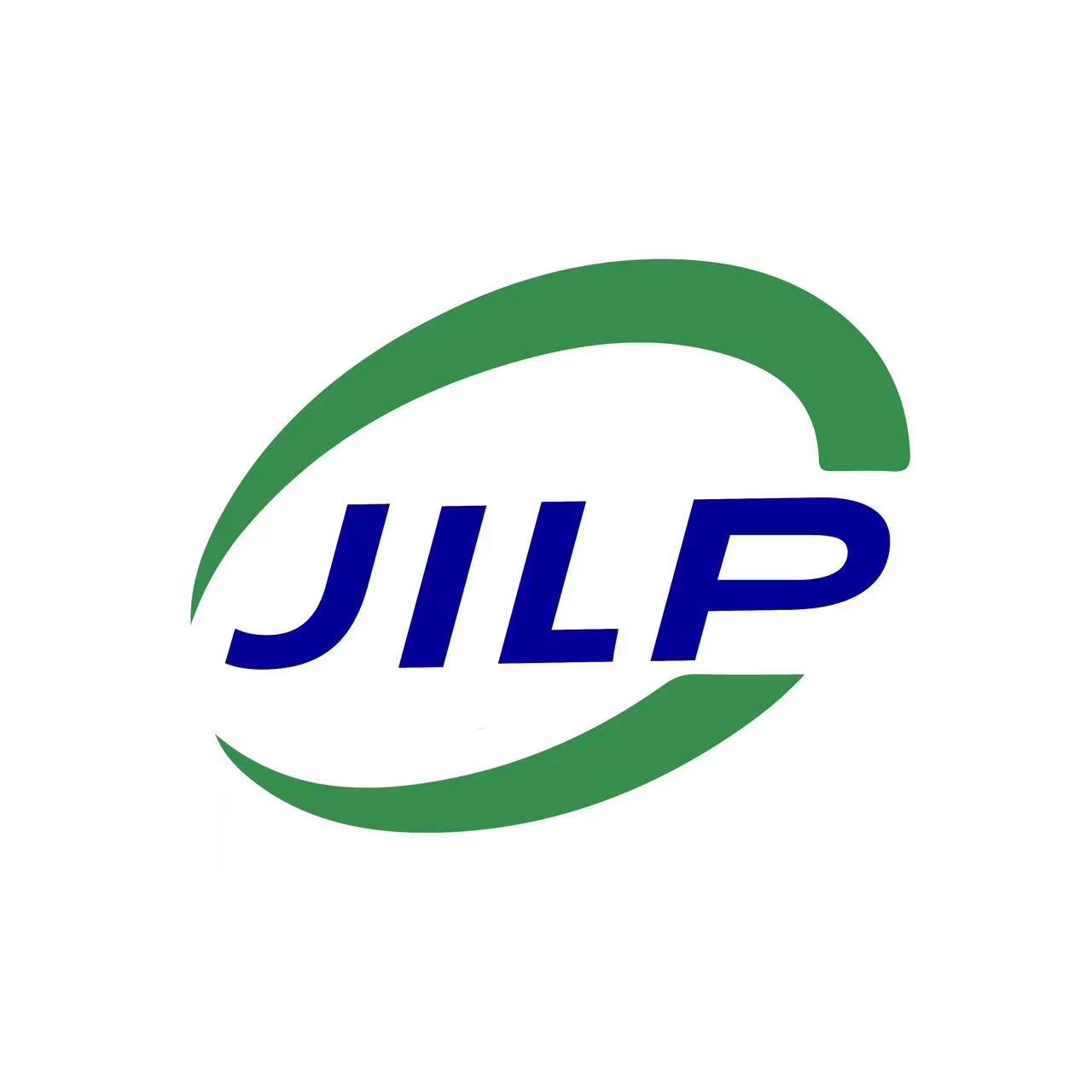Chemical Process Pump Monitoring and Diagnostics: Ensuring Process Reliability
Chemical Process Pump Monitoring and Diagnostics: Ensuring Process Reliability
Introduction
Chemical process pumps are essential components of many industrial operations, responsible for transferring various fluids within a system. These pumps play a critical role in maintaining a stable and efficient operation. However, like any mechanical device, they are subject to wear, degradation, and potential failures. To ensure process reliability, effective pump monitoring and diagnostics are crucial. This article delves into the importance of pump monitoring, explores various diagnostic techniques, and emphasizes the significance of proactive maintenance strategies.
Understanding Pump Monitoring
Pump monitoring involves the continuous assessment of pump health and performance parameters. It allows operators to detect abnormalities, optimize system efficiency, and prevent unexpected downtime. Comprehensive monitoring systems utilize advanced sensors to collect relevant data, which is then analyzed using sophisticated algorithms for accurate interpretation.
Subsurface Monitoring: Monitoring the Hidden World
1. Vibration Analysis:
Vibration analysis is widely employed in pump monitoring due to its ability to detect early signs of mechanical issues. By analyzing the frequency and intensity of pump vibrations, operators can identify impending failures, such as misalignment, bearing wear, or cavitation. Implementing vibration sensors at strategic locations on the pump enhances predictive maintenance practices.
2. Temperature and Pressure Monitoring:
Monitoring temperature and pressure variations within a pump is crucial for identifying potential issues. Abnormally high temperatures may indicate pump cavitation, inadequate lubrication, or impeller imbalance. Similarly, abnormal pressure fluctuations could signify blockages, leaks, or valve malfunctions. Continuously monitoring these parameters enables timely interventions and prevents more severe damage to the system.
Above-Surface Monitoring: Observing the Visible Signs
3. Fluid Analysis:
Regular analysis of the pumped fluid is vital to monitor its composition and detect contamination or degradation. Changes in pH levels, presence of impurities, or abnormal chemical reactions can harm the pump and the entire system. Analyzing fluid samples at regular intervals provides valuable insights into the pump's health and allows operators to take corrective actions promptly.
4. Flow Monitoring:
Monitoring the flow rate is integral in ensuring that the pump is functioning as intended. Deviations from the expected flow rate can indicate blockages, worn impellers, or leakage in the system. Employing flow meters and implementing automated monitoring systems enable operators to promptly address any irregularities, minimize downtime, and maintain process reliability.
Proactive Maintenance Strategies for Enhanced Reliability
5. Condition-Based Maintenance:
Condition-based maintenance (CBM) is a proactive approach that leverages real-time data acquired through monitoring and diagnostics to determine optimal maintenance schedules. By constantly evaluating the pump's performance and condition, operators can anticipate failures or degradation and plan maintenance activities accordingly. CBM eliminates unnecessary maintenance tasks, reducing costs, and maximizing the pump's lifespan.
6. Remote Monitoring and Artificial Intelligence:
Advancements in remote monitoring technologies and artificial intelligence (AI) have revolutionized pump diagnostics. Integrated with powerful machine learning algorithms, remote monitoring systems provide real-time insights into pump performance, predict failures, and recommend maintenance actions. AI-driven diagnostics enable early fault detection, minimizing downtime, and optimizing system reliability.
Conclusion
Proper monitoring and diagnostics are essential for maintaining process reliability in chemical process pumps. Early detection of abnormalities, proactive maintenance strategies, and the use of advanced monitoring technologies significantly enhance the overall performance and longevity of pump systems. Implementing comprehensive monitoring systems, coupled with effective diagnostic techniques, ensures the smooth operation of industrial processes, reduces costs associated with unexpected failures, and improves operational efficiency. By prioritizing pump monitoring and diagnostics, industries can safeguard their operations and achieve optimal process reliability.







